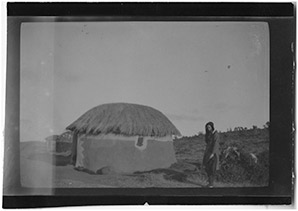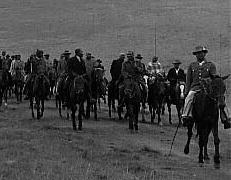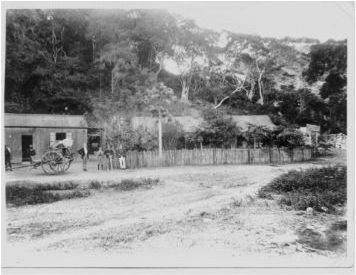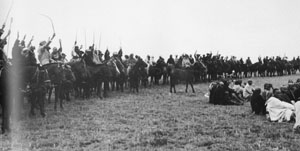Most Memorable Movements
The municipality lies near the center of the coastal region of Mpondoland (Pondoland), the area formerly part of the Mpondo Kingdom and a traditional home of the Mpondo people. Below are our most memorable moments in time...
1846

MPONDOLAND KINGDOM SPLITS
Western Mpondoland Area Founded
Kingdom split in two around 1846, the Port St. Johns area became part of Western Mpondoland under chief Ndamase, as a result of a disagreement with his father King Faku, even though in theory Ndamase still owed fealty to his father.
1869

CHIEF NDAMASE REFUSES OFFER
Offer To Sell Area
The British government of the Cape Colony offered the Mpondo king, Ndamase, a substantial sum of money for the Port St. Johns area, but Ndamase refused the offer. Cape Colony renewed the offer in 1874, but Ndamase remained adamant.
1878

AREA SOLD TO CAPE COLONY
Nqwiliso Cedes Area
However after Ndamase died in 1876, his successor Nqwiliso, readily agreed and in 1878, Nqwiliso ceded the Port St Johns area to the Cape Colony in exchange for £1000 and recognition as the ruler of the Western Mpondo Kingdom.
1884

TAKING ITS NAME FROM "SÂO JOÂO"
Port St. Johns Is Founded
The town of Port St Johns was founded in 1884, taking its name from the earlier Portuguese "Sâo Joâo" as the area was called. It is unclear whether the Portuguese name was derived from a wreaked ship of the same name that foundered there, or from the silhouette of a rock face that reminded the sailors of the apostle. However, before 1552 the locality was known to the Portuguese as "Sâo Christovâo".
1960

MURDER OF HEADMAN AARON MAJALI
Mpondo Revolt
In 1960 the population of the municipality generally did not participate in the Mpondo Revolt. However, the murder of Headman Aaron Majali of Majola on 26 September 1960 by fifteen youths from Ntlanjana and Guduza was definitely related. From 1959 to 1994, the municipality was part of the bantustan of Transkei.
1994

END OF APARTHEID
South Africa Ends Apartheid
On 27 April 1994, after decades of armed struggle, terrorism and international opposition to apartheid, the African National Congress (ANC) achieved victory in the country's first democratic election. Since then, the African National Congress has governed South Africa, in an alliance with the South African Communist Party and the Congress of South African Trade Unions.
